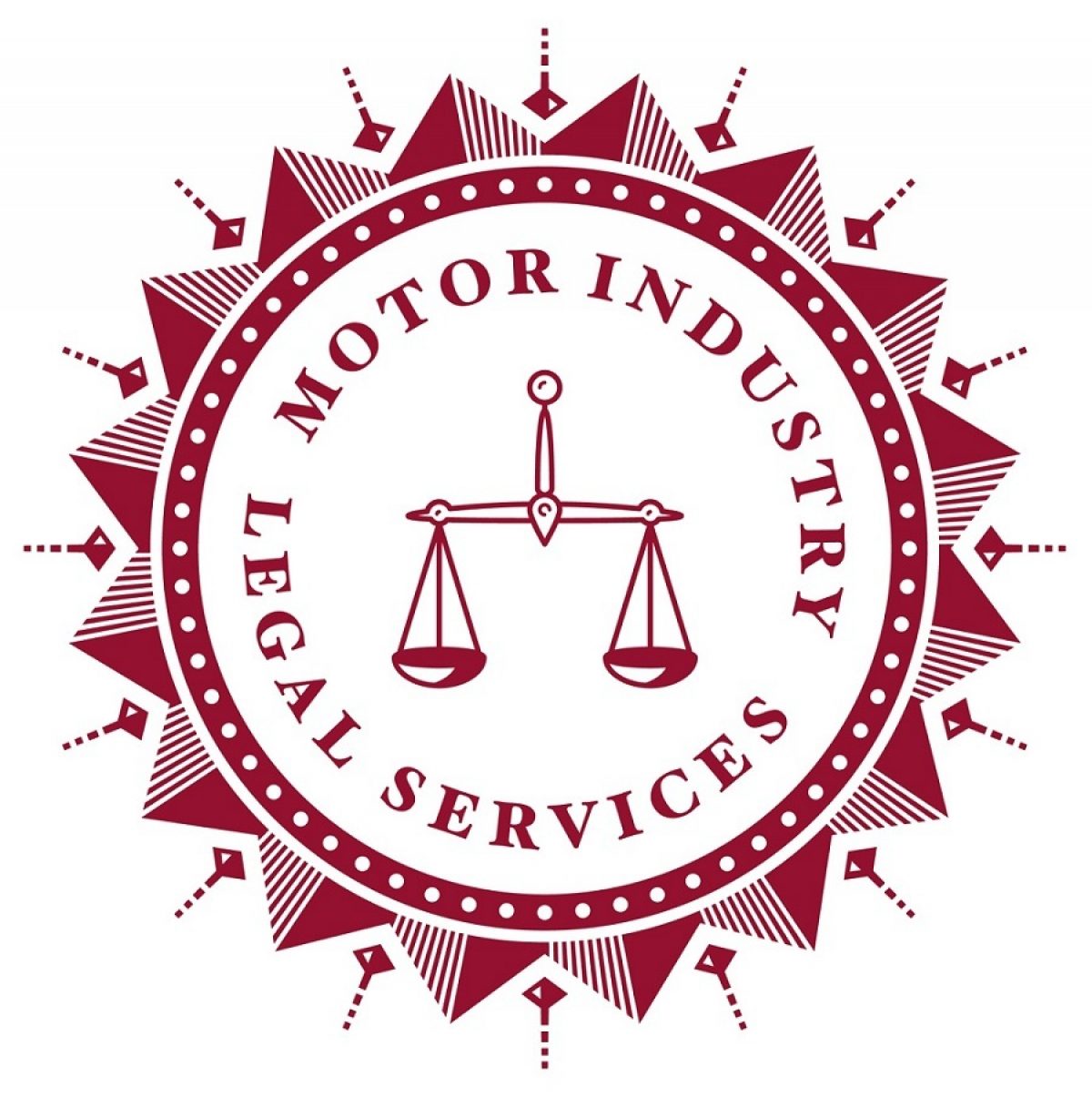
To claim harassment under the Equality Act 2010 a Claimant has to show that conduct created an intimidating, hostile, degrading, offensive or humiliating environment. Furthermore, in discrimination law, a Claimant generally has to establish a basic or “prima facie” case that they have suffered discrimination before the burden of proof then switches to the Respondent.
The Employment Appeal Tribunal (EAT) in a recent case Raj v Capita Business Services had to consider the interplay of these provisions. It had to consider whether, in an harassment case, proving that the conduct itself created an offensive or humiliating environment was enough to give rise to a “prima facie” case, that such conduct related to a protected characteristic such as (in this case) the Claimant’s sex.
Facts
The Claimant’s (female) manager had massaged his shoulders in an office environment, which the Tribunal found was unwanted conduct producing an offensive environment for him. The Tribunal rejected part of the manager’s evidence, but accepted that the conduct was not related to the Claimant’s gender and found that the reason for the shoulder massage was an attempt at encouragement. The harassment claim therefore failed. The EAT subsequently agreed with the original Tribunal. Essentially, the Claimant had proved that there was unwanted conduct producing an offensive environment but that was not enough to shift the burden of proof to the employer. To establish the “prima facie” case that shifts the burden of proof to the employer, the unwanted conduct had to relate to the protected characteristic (here the Claimant’s sex).
The case is welcome news for employers and shows that the Tribunals should properly analyse the alleged unwanted conduct and the reason for that alleged unwanted conduct before it finds that the burden of proof has shifted to the employer.
Motor Industry Legal Services
Motor Industry Legal Services (MILS Legal Ltd) provides fully comprehensive legal advice and representation to UK motor retailers for one annual fee. It is the only law firm in the UK which specialises in motor law and motor trade law. MILS currently advises over 1,000 individual businesses within the sector as well as the Retail Motor Industry Federation (RMI) and its members.
